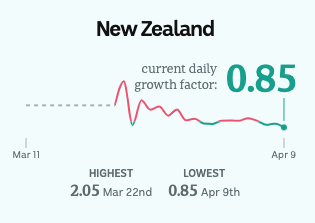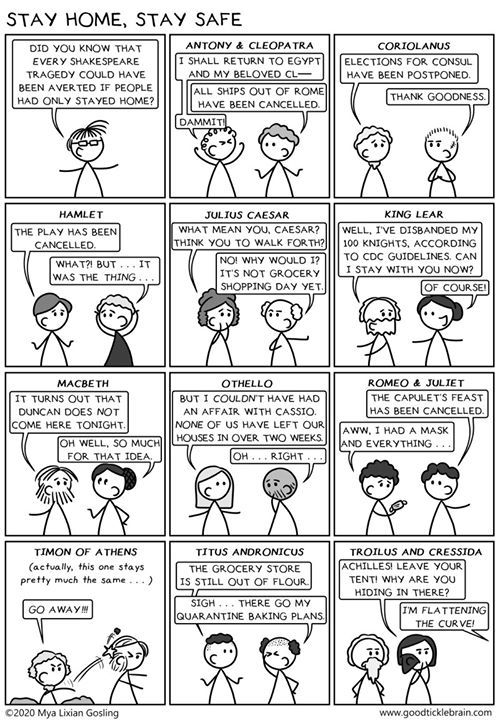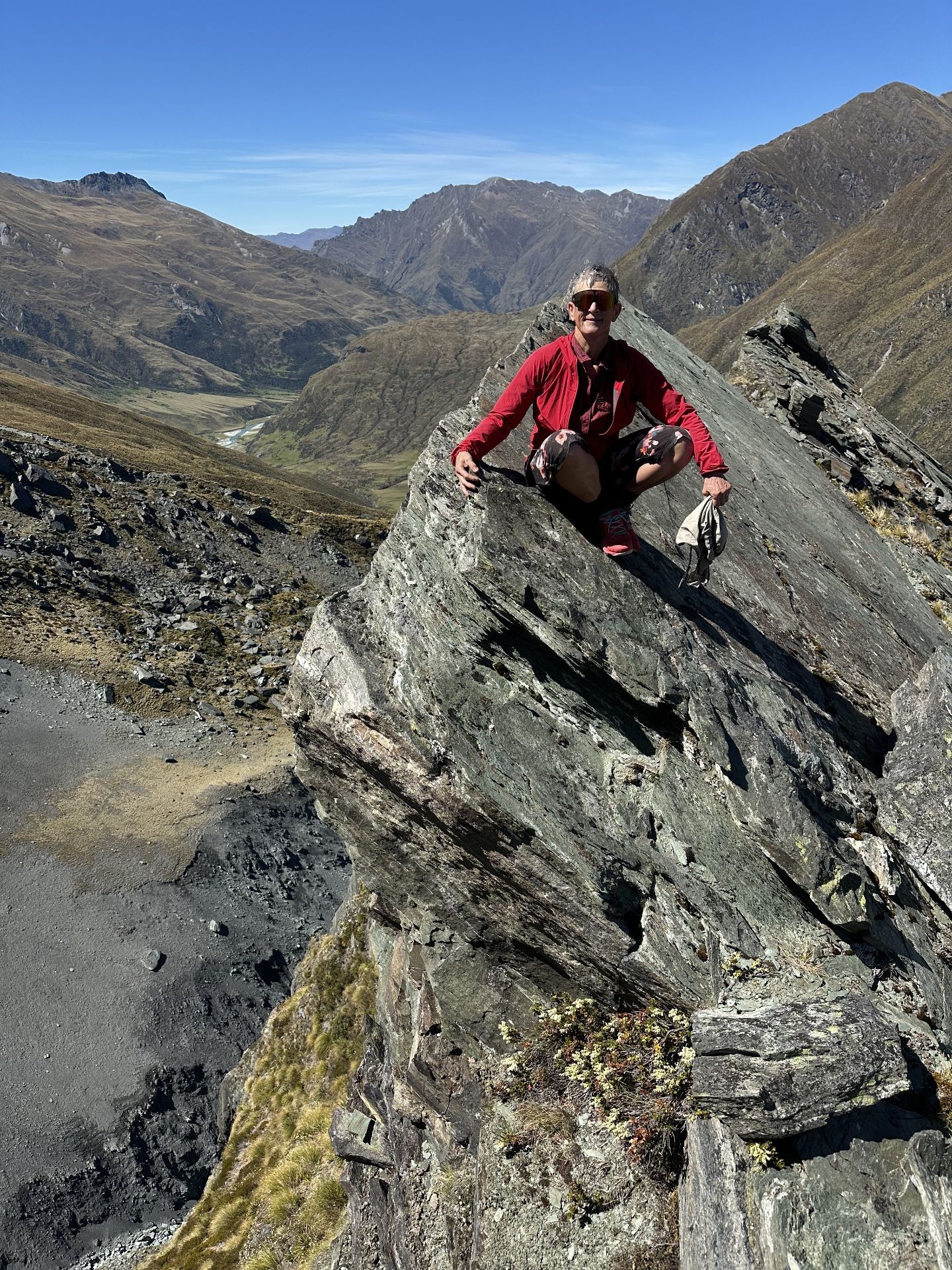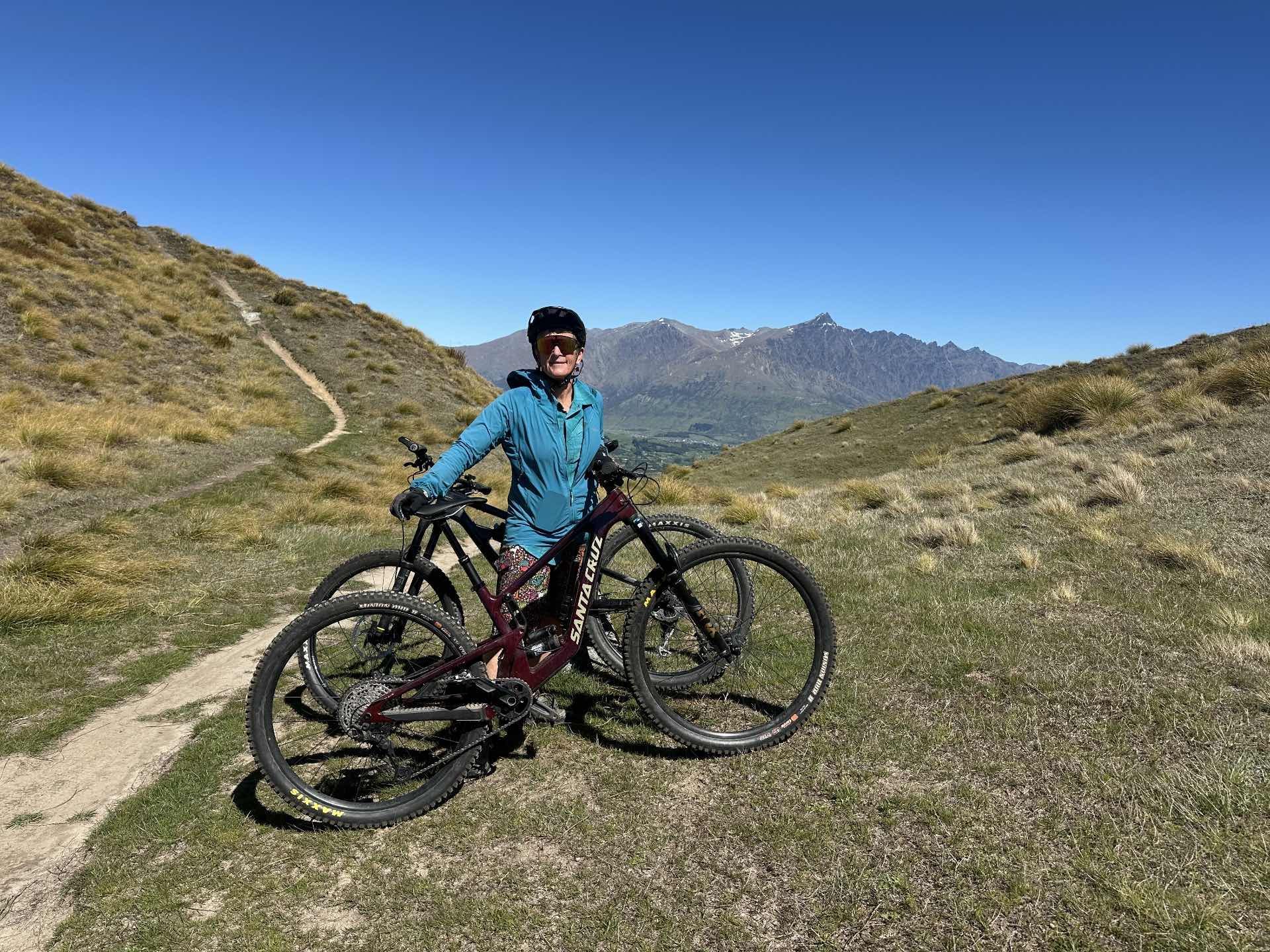Staycation
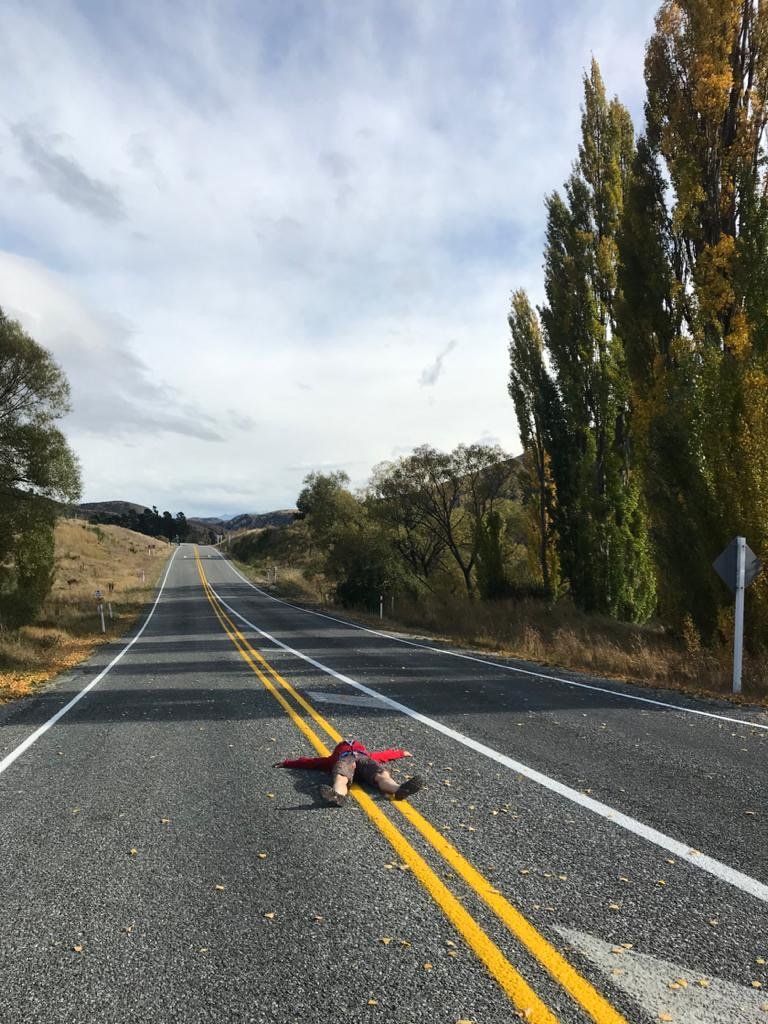

Easter weekend road kill on SH6 to Queenstown? By going nowhere New Zealand will have avoided a whole lot of road deaths. Of course, there is an argument that goes in ever decreasing circles that suggests by doing less, we reduce our risk of death in oh so many ways (see the cartoon at the bottom). The end point of reducing the risk of death is a rather boring life with death at the end, nonetheless. A similar controversy may arise around retirement villages, depending on timeframes to a COVID-19 vaccine; how long will we keep older people locked up safely while they get to not enjoy their relatively short supply of remaining days, weeks or months?
As New Zealand moves definitively past the minimum mid point of our Level 4 lockdown, everyone is starting to think about when we might emerge, and how we might emerge. We are entering a tricky period when complacency and frustration may breed lack of compliance. Relatively few of us know people ill with COVID-19, very few know the 4 people who have died of/with it so far. We aren’t being scared into obedience. The government is going to have to do some careful manoeuvring to keep people on track. The first part of this will be the announcement on Tuesday as to what ‘Level 3’ will actually mean. It will give some proportion of the population something to look forward to, part of helping people to stay the course.
My guess would be that a large focus will be on the type of businesses that can operate in Level 3, we aren’t going to be seeing a lot of relaxation on the social side of things. A big question will be what, if any, movement of people will be allowed around the country. I am guessing that, once again, it will be business focused and social travel will not be in the list of ‘to-do’s’. I only have to wait till Tuesday to find out if I am right or wrong! That’s exciting, for a scientist, really quick feedback in an experiment. The next step is then to refine one’s hypotheses, and start asking, and then answering the next question. Being wrong can be as useful as being right , it means that you have tested something and now know the answer; trying to avoid being wrong means perpetual inaction. I hope everyone can remember that as our government inevitably makes mistakes in this experiment in which we are engaged.
I have mentioned in my last two blogs that COVID-19 Rt (R, or reproductive rate, being the average number of people infected by a single person and ‘t’ representing time), is going to be a really important feature of the way New Zealand, and other countries, manage COVID-19 over the next considerable number of months. Rt will remain important until the proving and distribution of relevant vaccines, effective medications, mass testing technology, or some combination of these changes our relationship with the disease. The strategies seen as applicable to manage COVID-19, such that numbers of patients do not overwhelm healthcare systems, are testing, contact tracing and reduction in person-person contract, to be applied in different combinations and at different scales. The question becomes, how much reduction in contacts between people will be sufficient to prevent overwhelming our healthcare system? Can we open schools? How about Universities? Which businesses? What about domestic travel? If only there was a simple answer and we knew it!
There are clear variations in the reproductive rate of COVID-19, with a paper regarding the Wuhan epidemic reporting a median reproductive rate figure of 5.7 in the early phase of infection, compared to initial reports of 2.2-2.7. It is estimated that lockdown in Hubei Province then reduced the reproductive rate to 0.32. The goal in elimination is to reduce R to less than 1, where each infected person is infecting fewer than 1 other person. The goal in flattening the curve is to reduce R to a figure around 1, where a continuing swathe of the population will acquire the natural immunity we are hoping will happen, while hospitals don’t get overloaded with people sick with COVID-19. Note that there there is still lack of clarity about whether infected people are then immune, and for how long, particularly because some people (mostly those who have mild cases/no symptoms) produce few antibodies.
Hong Kong has been estimating Rt since early February, it is currently around 0.7. Australia estimates their Rt at 0.84 and the same article estimates New Zealand’s Rt at 0.85. Of course the accuracy of these figures depend on strong testing regimes and their meaning depends on the degree to which an average is representative of the country. One can foresee the need to estimate Rt for different areas of a country, urban vs rural locations, or other different aspects of a population. I imagine this sort of data granularity will come in due course as more data gets collected in more rigorous ways. This will be the sort of data that our government (and others) will need, to figure out which ‘levers to pull’ in different Alert Levels, to keep COVID-19 under control.
